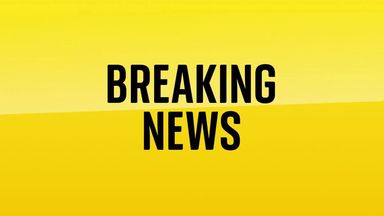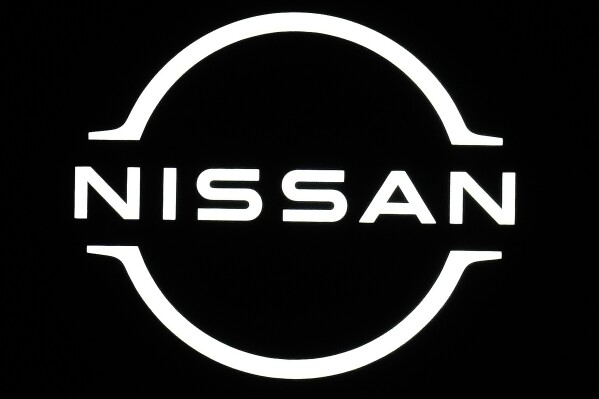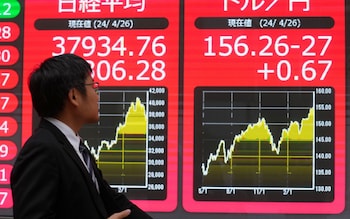The Bank of England is edging closer to a summer interest rate cut after Andrew Bailey declared he was “optimistic” that the era of higher inflation is at an end.
Policymakers voted 7-2 to keep rates on hold at 5.25pc but hinted they were poised to cut the cost of borrowing as soon as June if pay growth and underlying measures of inflation continued to cool.
The Governor said recent falls in inflation had been “encouraging” and the Bank believes inflation may already be at its 2pc target following a drop in the energy price cap. Inflation stood at 3.2pc in March.
Commenting on the decision, Mr Bailey said: “We’ve had encouraging news on inflation and we think it will fall close to our 2pc target in the next couple of months.
“We need to see more evidence that inflation will stay low before we can cut interest rates. I’m optimistic that things are moving in the right direction.”
Policymakers said they would “consider forthcoming data releases”, including inflation and the jobs market, for evidence that “inflation persistence is receding”.
Two thirds of the impact of higher rates have already been felt by households and businesses.
The Monetary Policy Committee (MPC) that sets interest rates said that on this basis it will “keep under review for how long Bank Rate should be maintained at its current level”.
Rishi Sunak is hoping that the Bank will reduce interest rates before the election as he battles to close a yawning gap in the polls.
The Bank said tax cuts in the Spring Budget would boost the economy as it upgraded its growth forecasts over the next three years.
However, it said stronger growth was partly driven by increases in the population, with higher wages in the public sector also the main driver of upgrades to its wage forecasts this year.
The Bank’s latest health check of the economy showed Britain bounced back from recession at the start of this year, growing by an estimated 0.4pc in the first quarter.
It said inflation had probably fallen back to its 2pc target in April, from 3.2pc in March, adding that food price rises would stabilise at around this level for the rest of the year.
The Bank expects pay rises to average around 5.5pc this year. However, it warned that pay rises for workers in “consumer-facing sectors” were likely to be much higher at 7pc, with a near double-digit increase in the minimum wage “overwhelmingly” cited as the main driver of higher pay.
It added that pay deals in the latter half of the year were likely to be “materially lower” than those seen so far in 2024, suggesting average pay growth is likely to cool further.
Threadneedle Street said that “fierce competition” from discount supermarkets like Lidl and Aldi was also likely to temper food price rises to between 2pc and 3pc for the rest of the year.
Sir Dave Ramsden, the Bank’s deputy governor, joined calls to cut the cost of borrowing amid signs that inflation was now on a “firm downward trajectory”.
Investors currently expect the Bank to start cutting rates in August, trimming them to 4.75pc by the end of the year.
Disclaimer: The copyright of this article belongs to the original author. Reposting this article is solely for the purpose of information dissemination and does not constitute any investment advice. If there is any infringement, please contact us immediately. We will make corrections or deletions as necessary. Thank you.



